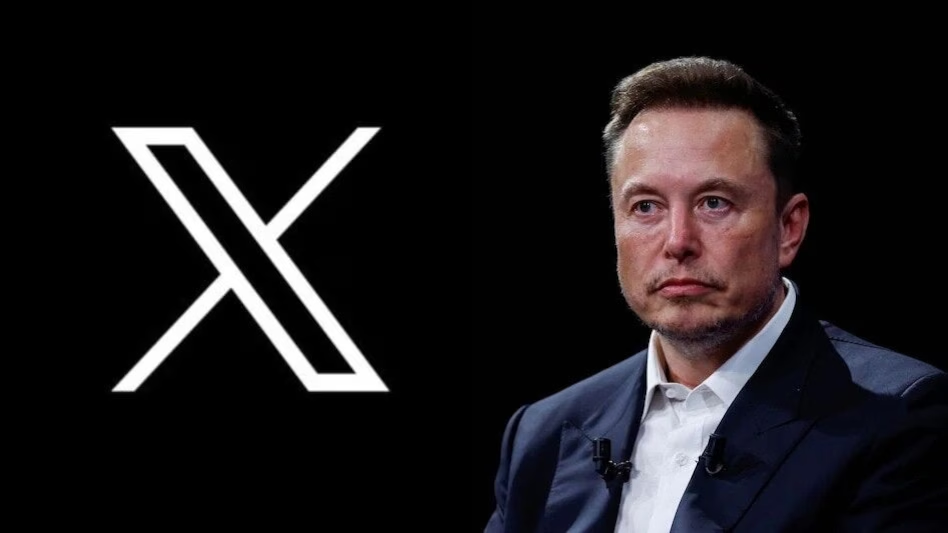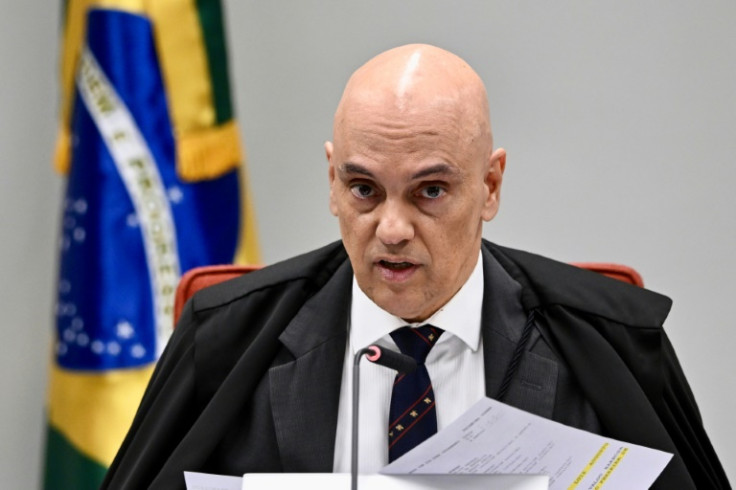Social media giant X, formerly known as Twitter, faces a potential nationwide suspension in Brazil following a heated confrontation between its owner, Elon Musk, and Brazilian Supreme Court Justice Alexandre de Moraes. The dispute centers on legal compliance and free speech issues, raising concerns about the platform’s future in Latin America’s largest democracy.

On Wednesday evening, Justice de Moraes issued an ultimatum to X, demanding the appointment of a new legal representative in Brazil within 24 hours or face a shutdown. This order came after X removed its previous legal representative, citing alleged threats of arrest from de Moraes.
The confrontation has escalated rapidly, with Musk publicly denouncing de Moraes as a “tyrant” and “dictator,” while the justice has included Musk in an ongoing investigation into the spread of misinformation.
Legal experts explain that Brazilian law requires foreign companies to maintain legal representation within the country to ensure proper notification and compliance with legal decisions. Luca Belli, coordinator of the Technology and Society Center at the Getulio Vargas Foundation, emphasized the critical nature of this requirement, especially with upcoming municipal elections in October.
“The absence of a legal representative would make timely compliance with takedown orders impossible during a period when we expect a surge in fake news,” Belli told The Associated Press.
De Moraes’ authority to enforce such measures stems from Brazilian judges’ broad powers to ensure compliance with their decisions. Similar actions have been taken against other tech giants in the past, including the temporary shutdown of WhatsApp in 2015 and 2016, and threats against Telegram in 2022.

If X fails to comply, the process for suspending the platform could be swift. De Moraes would instruct the national telecommunications regulator, Anatel, to direct internet service providers — including Musk’s own Starlink — to block access to X’s servers within Brazil. Experts suggest this could be implemented within 12 hours of the order.
Additional measures could include removing X from major app stores in Brazil and potentially prohibiting access through virtual private networks (VPNs), though the latter would be highly controversial.
The standoff has significant implications for both X and Brazil. With approximately 40 million monthly users in the country, Brazil represents a key market for X and Musk’s vision of a global digital town square. The potential ban also raises concerns about freedom of expression and the power of judicial authorities in regulating online platforms.
X has stated that it expects its service to be shut down in Brazil, maintaining that it “will not comply in secret with illegal orders.” The company also criticized de Moraes’ colleagues on the Supreme Court for being “either unwilling or unable to stand up to him.”
As the deadline approaches, observers are closely watching to see if either party will compromise. The outcome of this confrontation could set a precedent for how global tech companies interact with national legal systems and navigate the complex landscape of online speech regulation.
Source: apnews.com



